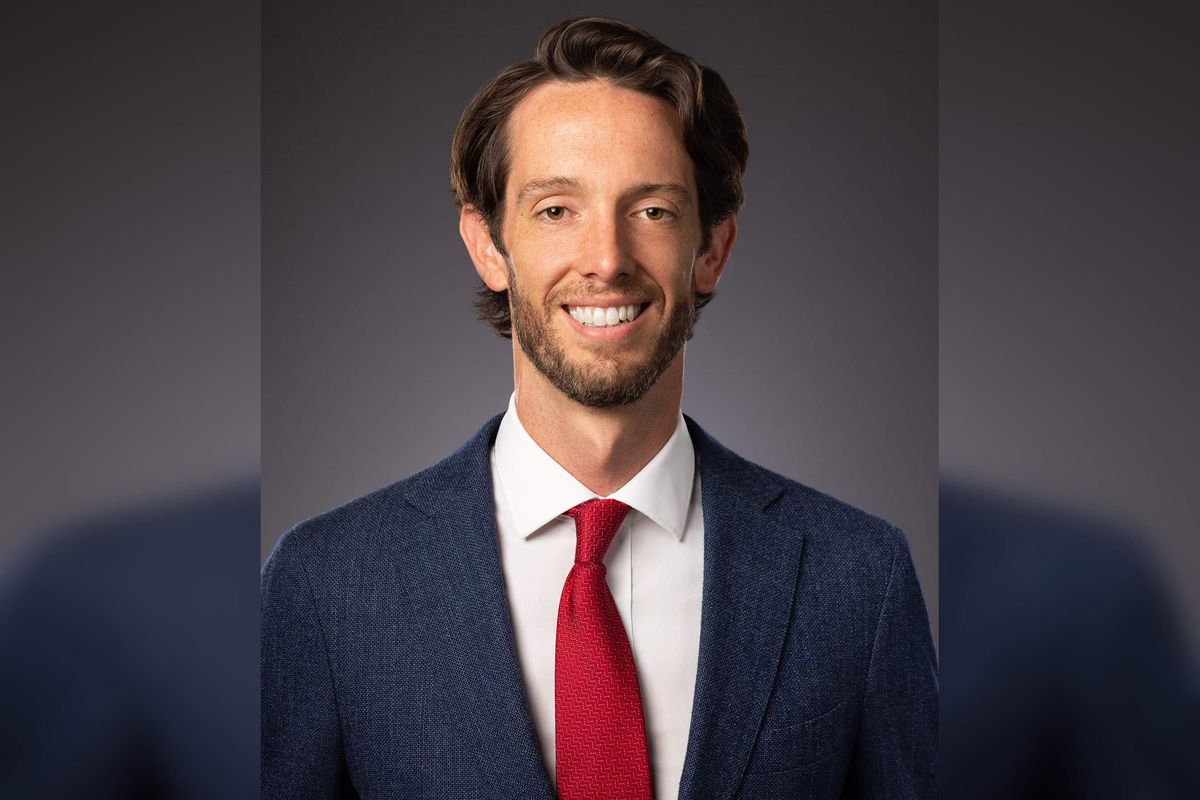Intel Corp. and Rice University sign research access agreement
innovation access
Rice University’s Office of Technology Transfer has signed a subscription agreement with California-based Intel Corp., giving the global company access to Rice’s research portfolio and the opportunity to license select patented innovations.
“By partnering with Intel, we are creating opportunities for our research to make a tangible impact in the technology sector,” Patricia Stepp, assistant vice president for technology transfer, said in a news release.
Intel will pay Rice an annual subscription fee to secure the option to evaluate specified Rice-patented technologies, according to the agreement. If Intel chooses to exercise its option rights, it can obtain a license for each selected technology at a fee.
Rice has been a hub for innovation and technology with initiatives like the Rice Biotech Launch Pad, an accelerator focused on expediting the translation of the university’s health and medical technology; RBL LLC, a biotech venture studio in the Texas Medical Center’s Helix Park dedicated to commercializing lifesaving medical technologies from the Launch Pad; and Rice Nexus, an AI-focused "innovation factory" at the Ion.
The university has also inked partnerships with other tech giants in recent months. Rice's OpenStax, a provider of affordable instructional technologies and one of the world’s largest publishers of open educational resources, partnered with Microsoft this summer. Google Public Sector has also teamed up with Rice to launch the Rice AI Venture Accelerator, or RAVA.
“This agreement exemplifies Rice University’s dedication to fostering innovation and accelerating the commercialization of groundbreaking research,” Stepp added in the news release.
- Rice University named top college in U.S. News' new rankings for 2025 ›
- Rice University spinout lands $500K NSF grant to boost chip sustainability ›
- Google teams up with Rice University to launch AI-focused accelerator ›
- Houston students develop new device to prepare astronauts for outer space ›
- Microsoft partners with Rice University's OpenStax on AI teaching tool ›



